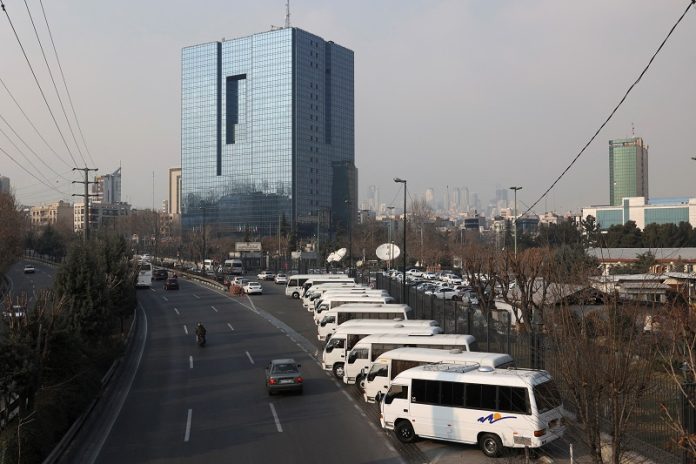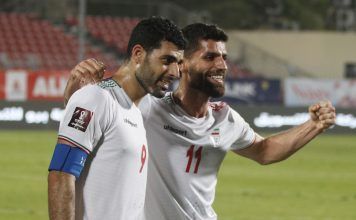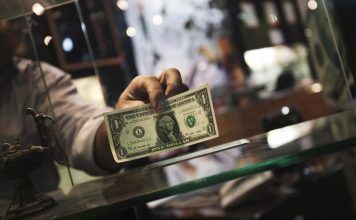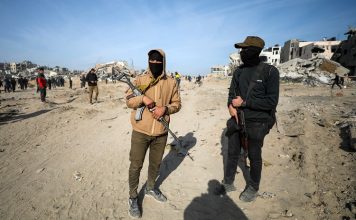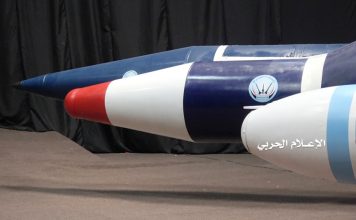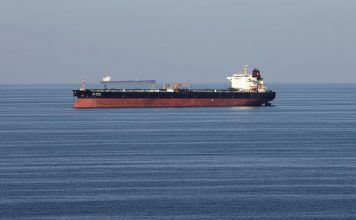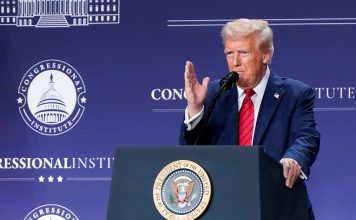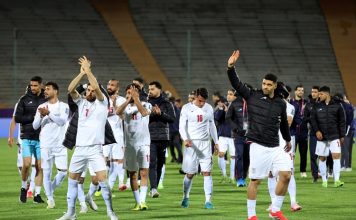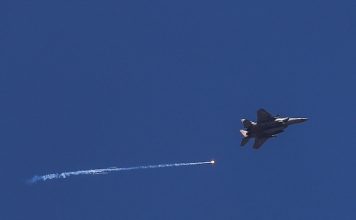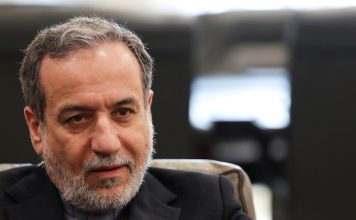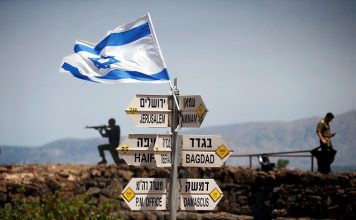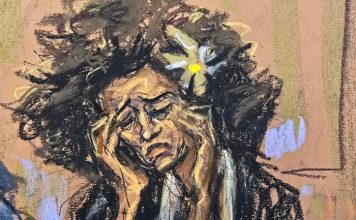By Roshanak Astaraki
The Islamic Republic of Iran’s ministries, customs office and central bank are implicated in a $3.37 billion corruption scandal centered on tea imports and orchestrated between 2019 and 2022 by the Debsh Agriculture Group, led by its CEO Akbar Rahimi.
The revelations of the Debsh case have dominated recent headlines in Iran, and the case is being described as the largest case of economic corruption in the history of Iran.
[aesop_image img=”https://kayhanlife.com/wp-content/uploads/2019/01/75765.jpg” panorama=”off” credit=”The Central Bank of Iran. Source: Kayhan London” align=”center” lightbox=”on” captionsrc=”custom” captionposition=”left” revealfx=”off” overlay_revealfx=”off”]
The Debsh Agriculture and Industry Group was engaged in fraudulent practices — such as registering orders for the import of Indian first-grade tea and, instead, importing second-grade Kenyan tea of extraterritorial extraction, with a price differential of about $12 per kilo. Given the extensive imports involved, the scheme generated substantial illicit gains for the group’s managers.
Another practice, according to the head of the country’s General Inspection Organization, involved receiving the equivalent of $1.472 billion in government-held currency under the guise of importing machinery – when no machinery actually entered the country.
The amounts embezzled in the Debsh case represent more than 3 percent of the country’s annual budget, more than 80 percent of the Ministry of Education’s budget, 90 percent of the health budget, more than 43 times the environmental budget, and nearly 100 percent of the country’s construction budget.
The government-held currency that was embezzled in the case could have been used to import essential items such as medicine and powdered milk, and to address critical shortages in the country, and did substantial damage to the population.
The embezzled funds in the Debsh case are equivalent to the cost of constructing two Burj Khalifa towers in Dubai, three petrochemical units, and a 500 megawatt nuclear power plant. They also represent more than half of the funds which were released in South Korea in exchange for the Islamic Republic’s freeing of U.S. hostages, amounts which the Islamic Republic considered substantial.
Rahimi, the person accused of orchestrating the fraud, is being held in prison on 50 trillion rials in bail — the highest bail ever issued by the judiciary of the Islamic Republic.
The roles of senior officials from the Ministry of Agriculture, Customs, and the Central Bank remain unclear. Although arrests have been made in associated departments, the identities and positions of the individuals involved have not been disclosed.
A critical question arises concerning how Rahimi, whose name is still not being disclosed by some media outlets, was able to advertise on national platforms such as the Islamic Republic’s television networks, the Donyaye Eghtesad newspaper or the Tasnim news agency affiliated to the Revolutionary Guards, while orchestrating the largest known case of economic corruption in the Islamic Republic’s history – as the media insists on describing it.
Meanwhile, cases of corruption of every kind occur regularly throughout Iran. Another report has highlighted a significant embezzlement case involving a bank president in Qom, who forged documents to embezzle the equivalent of 244 marriage loans.
Corruption within the Tehran Municipality resulted in the loss of 170 trillion rials in revenue.
New Crypto Front Emerges in Israel’s Financing Fight Against Iran-Funded Militia Groups
Structural corruption within the Islamic Republic has been exposed to such an extent that insiders – people very close to the Islamic regime — are now speaking out.
Abbas Abdi, a former U.S. Embassy hostage-taker and interrogator in the early days of the Revolution, and later a reformist activist, has said that the corruption in the Debsh case undoubtedly occurred with the knowledge of high-ranking officials in the Islamic Republic of Iran.
The Jomhuri-e-Eslami newspaper, citing President Ebrahim Raisi’s vows to combat corruption, wrote: “Daily news stories highlight various cases of economic, political, moral, and cultural corruption attributed to the ongoing economic crisis. The need for governments to address the root cause of corruption, primarily economic issues, must be emphasized.”
The newspaper added: “Instead of investigating the root cause of corruption, eradicating it and purifying society, officials blame corruption on this or that to absolve themselves.”
The Debsh case has also become a tool for reformist and fundamentalist currents in the media to blame each other and hit back at the opposite camp in their continuing political struggle.
While economic corruption cases involving reformists such as Gholamhossein Karbaschi, Hossein Fereydoun, Shabnam Nematzadeh, and Mehdi Jahangiri are significant, mafia-like networks associated with the fundamentalist factions and the Islamic Revolutionary Guard Corps also play a substantial role in creating and expanding economic corruption networks.
For example, Alireza Zakani, a past advocate of justice and the fight against corruption, has faced allegations of corruption and nepotism since becoming the Mayor of Tehran.

